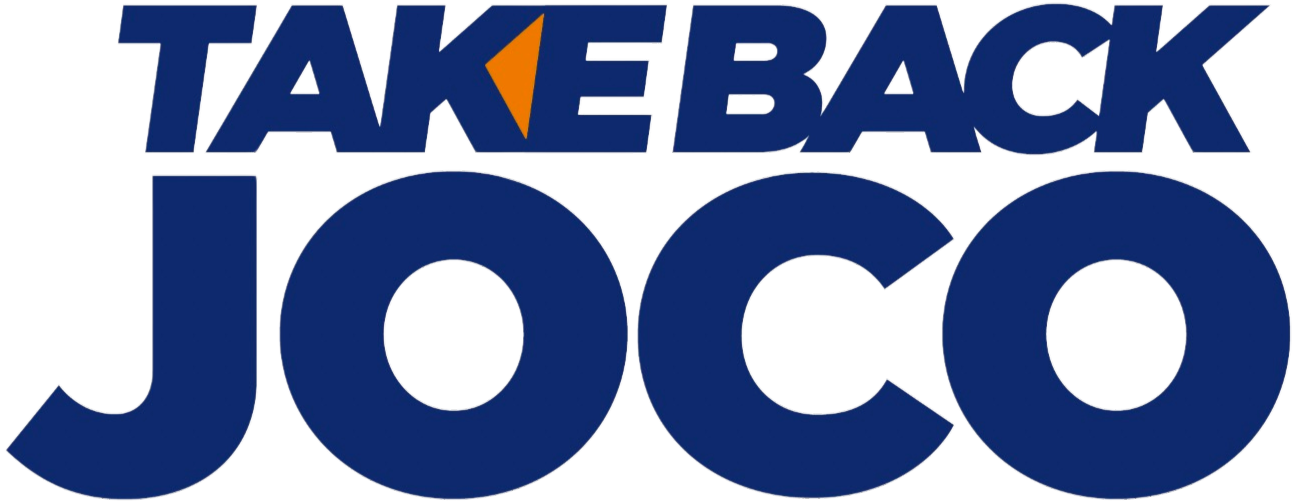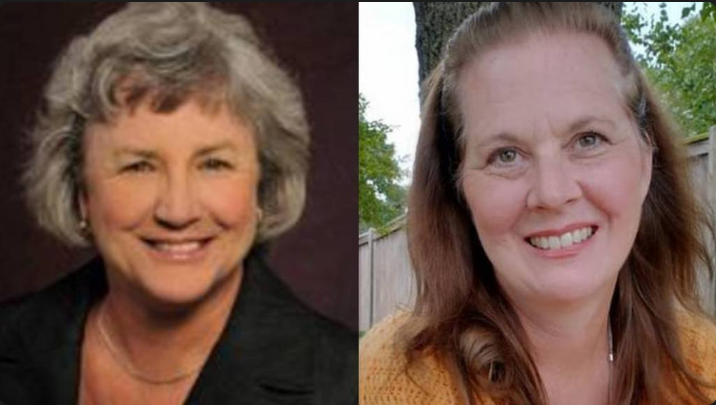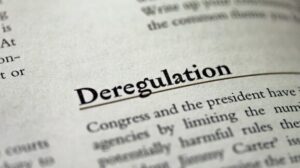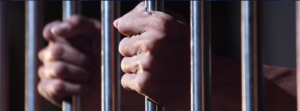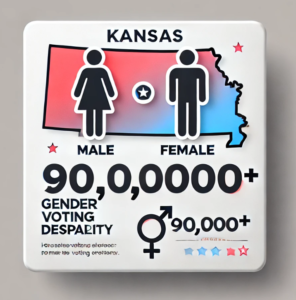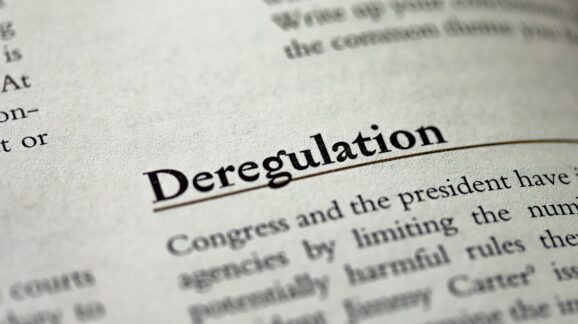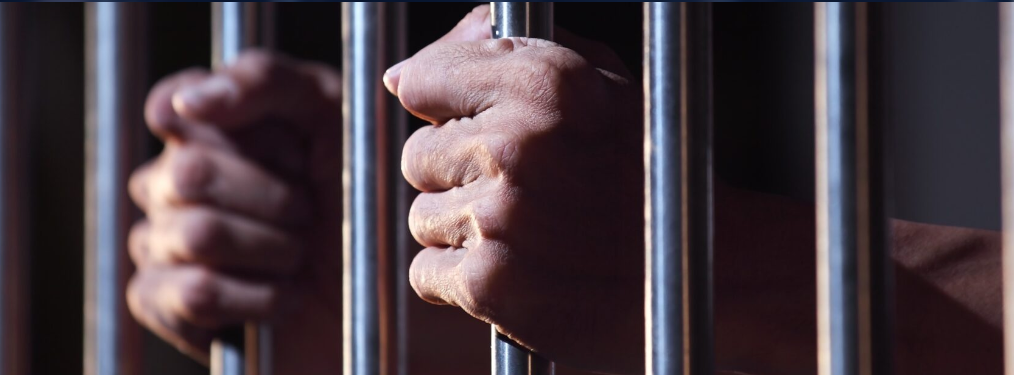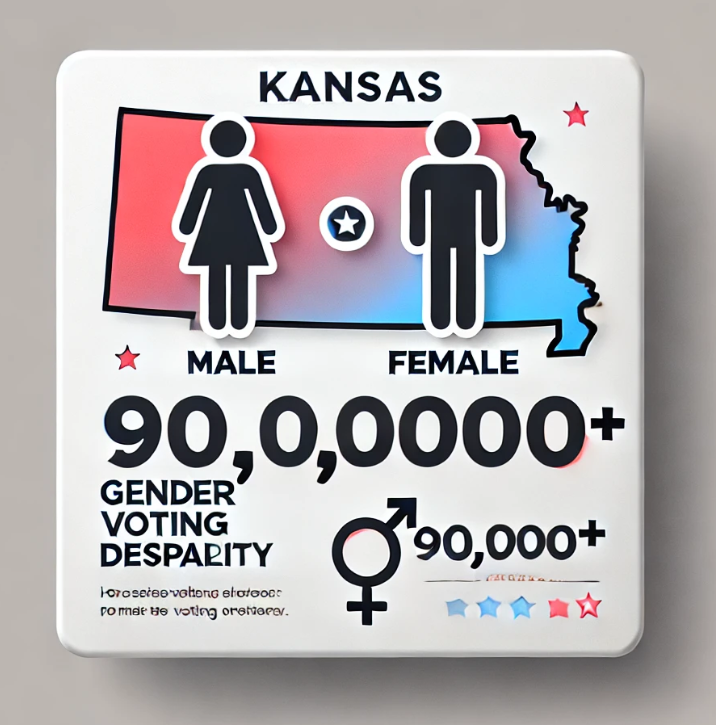Shawnee Mission school board member David Westbrook says now is “a time for vigilance” as the Kansas State Board of Education undergoes a shift to the right. Hardline social conservatives captured two new seats on the state school board last week, gaining a 6-4 advantage over moderates and raising questions about how the board’s changing priorities could affect local school districts.
“Of course, I’m concerned if people want to make schools into something other than a place for learning and growing and becoming equipped to compete in a very, very challenging future,” Westbrook said. “But I think the power remains with local school boards and I think people in their community will be more vigilant now, more engaged now than they were before.” The new state school board members say they hope Donald Trump makes good on his promise to eliminate the U.S. Department of Education.
They express concern over the idea that Kansas students are being exposed to dangerous ideas and obscene materials in public schools, and they deride social-emotional learning standards as liberal indoctrination. One new member, Debby Potter, told The Star that parents should be given the choice to opt out of lessons that would teach their children about evolution.
Former Republican state representative Connie O’Brien, who defeated Democrat Kris Meyer 51% to 49% in District 4, previously served as director of religious education at Sacred Heart Catholic Church in Tonganoxie. O’Brien told The Star dismantling the U.S. Department of Education would remove the “strings attached” to federal education dollars. “The federal government was never intended to control our education system,” said O’Brien, who will represent areas in northern Johnson County, southwest Wyandotte County and parts of eastern Kansas. “What the federal government does is say, ‘OK, we’ll give you a hundred million dollars if you institute this policy. And if you don’t institute it, you don’t get the money . . .
That’s where you come in and you get the DEI, you get social-emotional learning,” O’Brien said. Kansas adopted social-emotional learning standards in 2012 with the goal of improving students’ mental health outcomes and equipping them with soft skills that employers say make potential hires attractive. “They twist it and pretend it’s not about teen mental health and it’s not about business skills, and I think they’re going to try to do away with it, and I think that’s a step backwards,” said Judith Deedy, whose pro-public schools advocacy group Game on for Kansas Schools campaigned against far-right candidates.
Sheyvette Dinkens, president of the Wyandotte High Parent Teacher Student Association, said any disruption to federally funded programs in public schools would have stark negative consequences for Kansas families. “When we look at districts, especially like Kansas City Kansas, we have a diverse population of students, and the majority of students are in poverty,” Dinkens said. “So when you think about McKinney-Vento (homeless assistance) funds, when you think about Title I funds, when you think about ESOL funds, when you think about social-emotional learning programs, all of these different resources, we need them in our major cities because kids are coming to school with so many different barriers.” ‘THE PROMISE OF GOOD SCHOOLS’ Westbrook, who was elected to the Shawnee Mission school board last year, said the state board of education is rightfully in charge of establishing student achievement standards. But it’s up to local school boards to “embrace curriculum and teaching techniques” that fit their communities, he said.
“The Johnson County community was built on the promise of good schools. It was built not on the promise of good politics but on the promise of good schools,” Westbrook said. “But I think that’s why you have local school boards. Local school boards are empowered to keep in focus the best interest of kids and teachers and their overall community.” O’Brien and Potter both said it’s best to let local school boards decide what books and media should be used in the classroom and made available to students in school libraries. “I would rather it be done more locally than having to have the state board get involved,” O’Brien said.
Jennifer Jarrell, a public schools activist who has had children in the Blue Valley School District for the last 22 years, said she wants to give new board members the benefit of the doubt. What she doesn’t want to see is a repeat of the fight over teaching evolution. “We don’t need a crackpot state board of education. No business or industry is going to locate in this state, no small business startups are going to want to be here if we are the laughing stock of America . . . We don’t need to go back to those days,” Jarrell said.
“The statements that some of the incoming board members and the current board members have made regarding public education, regarding arming teachers, regarding support for vouchers, concerns me as a parent.” Jarrell said she was relieved to see state school board member Melanie Haas re-elected last week. Haas, the District 2 Democrat who represents much of eastern Wyandotte County and northeast Johnson County, retained her seat handily over Fred Postlewait, a retired computer systems administrator who said schools had downplayed traditional academic instruction in favor of “social engineering.” “These are religious ideologues who really are coming at this from a place of politics,” Haas said of hardline conservative candidates who ran in newly redrawn districts this year.
FROM HOMESCHOOLING TO THE BOE Potter, who was elected to represent parts of south-central Kansas including western Sedgwick County, decided four years ago that she would run for the state board. Since then, she’s made it a point to attend meetings in Topeka. “They know me as the crocheting lady in the audience,” said Potter, who went maskless at meetings during the pandemic years, citing a medical exemption for asthma. The Garden Plain realtor homeschooled her children before moving to Kansas in 2005 and enrolling them in the local public schools where she did some substitute teaching.
Potter describes herself as “not very political at all.” On Facebook, she bemoans “self-proclaimed Christian pastors” who support “LGBTQ+ agenda” candidates and shares conspiracy videos casting doubt on Vice President Kamala Harris’ racial identity, including one where she commented that Harris has “not a drop (of) black ethnicity.” Potter came to her door last Friday wearing a T-shirt emblazoned with the phrase “I no longer identify as a conspiracy theorist. From now on I want you to refer to me as the girl who was right the entire time.” Retiring Republican state school board member Jim McNiece endorsed Potter’s Democratic opponent, Jeff Jarman, to succeed him in District 10. Potter bested Jarman by 29 percentage points. Potter said she “offended the education people” last year when she questioned why a subcontractor hired by the state board to help develop new teacher training materials stated on its website that existing training curricula are often “too white.” “I don’t even know what too white curriculum looks like,” Potter said. She said Kansas public schools don’t do enough to prepare students to succeed in the world. “To be frank, I think everybody in the whole system is set up to fail,” Potter said. “I think the teachers are set up to fail. I think the students are set up to fail. “The elementary grades, the third, fourth, fifth that they put out, are very relevant to us.
What happens in tenth grade is not even relevant anymore.” She said she’s open to the idea of redefining what public education means. “A hundred years ago, our schools didn’t run like this. We’re the ones that change the public education,” she said. Potter and O’Brien will join fellow social conservatives Michelle Dombrosky, Cathy Hopkins, Dennis Hershberger and Danny Zeck in the majority of the 10-member board. This will be the first time since the highly publicized fights over the teaching of evolution in the late 1990s and early 2000s that a coalition of Democrats and moderate Republicans have not controlled the state school board. McNiece, who has served on the board since 2013 and will remain on until January, said any efforts to establish a school voucher system would be detrimental to the public welfare.
A foray into taxpayer subsidized private education would require action from the Kansas Legislature. “There’s a lot of people who are disenchanted or just don’t like public education and think it should be privatized in some way,” McNiece said. “You’ll never meet the needs of all the students or have any chance of meeting the needs of all the students if you do that.”
Read more at: https://www.kansascity.com/news/politics-government/article295442039.html#storylink=cpy
